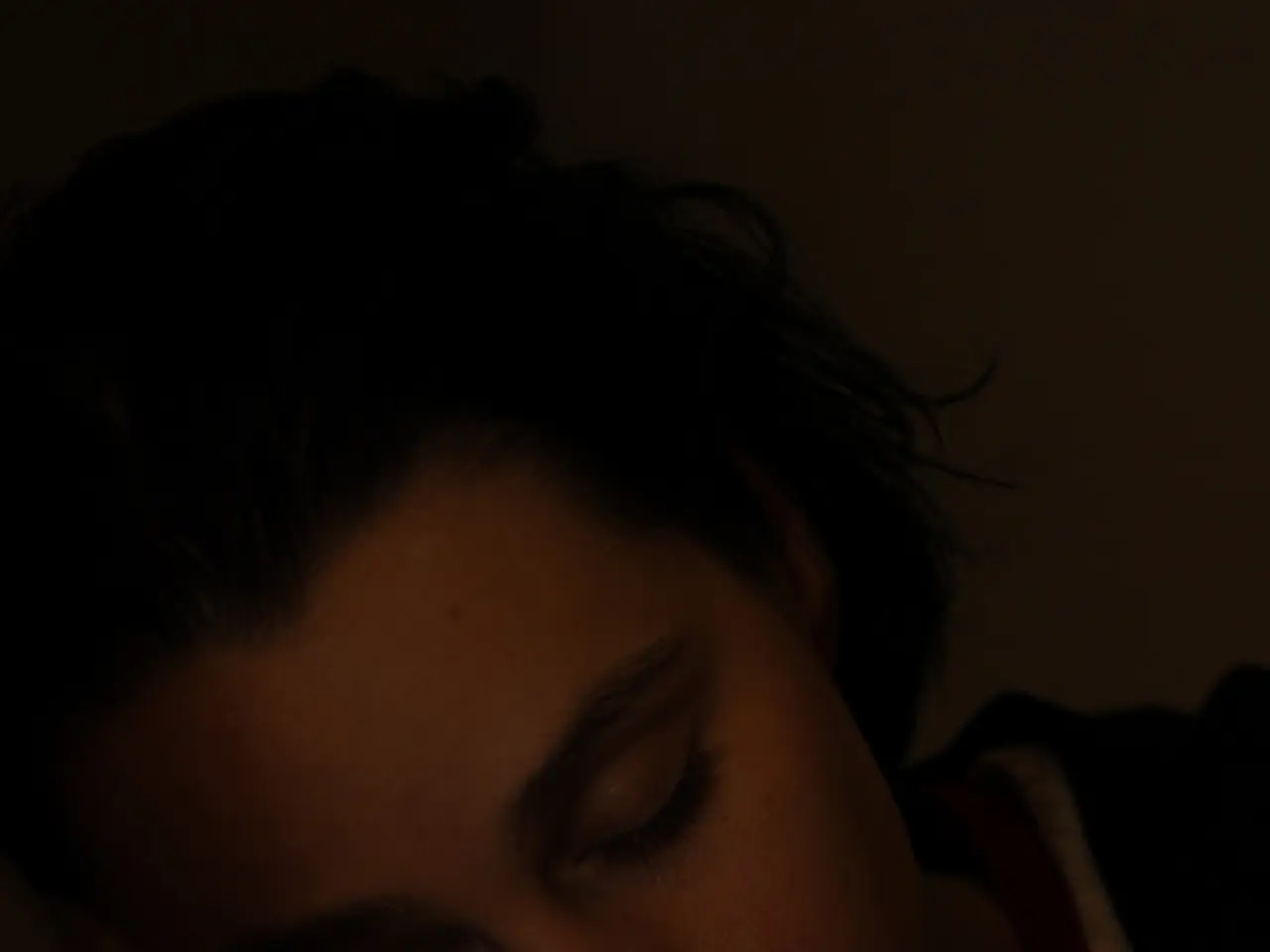Sleep-Deprived? Here's How to Recover Quickly
A sleepless night can leave individuals feeling groggy and unfocused. However, a short nap, a walk, and a protein-rich breakfast can help mitigate these effects. Let's explore how.
Scientists have discovered that a brief nap, no more than 20 minutes in the early afternoon, can restore mental clarity after a sleepless night. This simple act can counteract the mental slowness, loss of attention, and information retention problems that often follow a poor night's sleep.
Sleep deprivation also affects social behavior. It makes individuals more prone to interpreting others' behaviors negatively and decreases generosity and social warmth. This can be linked to the emotional control deterioration that also occurs after a sleepless night.
A short walk outdoors within 90 minutes of waking can also aid recovery. This gentle exercise helps counteract the physical symptoms of sleeplessness, such as heaviness in the head and glassy eyes, which affect at least 40% of the world's population, according to the WHO.
To manage energy levels, breakfast should prioritize proteins and avoid simple sugars. This helps stabilize glucose levels and prevents energy ups and downs. Lack of sleep increases cortisol levels, decreases immune system effectiveness, and compromises glucose regulation, making a balanced breakfast crucial.
Caffeine can temporarily counteract sleep pressure but should be consumed between 9:30 and 11:30 AM to avoid interfering with nighttime rest. A sleepless night can also alter pain response and inflammatory processes, so it's important to be mindful of these changes.
In conclusion, a sleepless night can have significant effects on both mental and physical health. However, simple strategies like a short nap, a walk, a protein-rich breakfast, and mindful caffeine consumption can help mitigate these effects and improve overall well-being.





